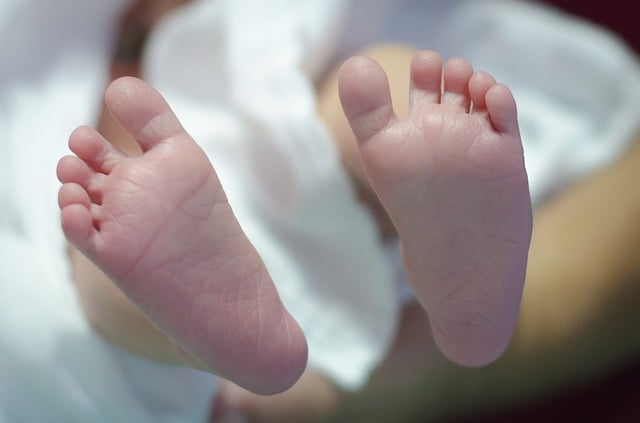Female employees of the Philippine unit of Dutch-British consumer multinational Unilever can go on maternity leave of up to 150 days as part of the firm’s program to expand benefits to working women and families.
The company previously granted 120 days maternity leave to its workers.
“Part of the Unilever Sustainable Living Plan is improving the health and well-being of our people, and this policy is part of how we are putting that into practice,” said Benjie Yap, Unilever Philippines chairman and chief executive officer, in a statement.
The company’s SLP includes improving health and well-being, reducing environmental impact and enhancing livelihoods.
Philippine law currently provides 60 days of paid leave for new mothers and seven days for fathers.
There are moves in the bicameral Philippine Congress to increase these. Voting 22-0, senators passed Senate Bill 1305 of the Expanded Maternity Leave Law of 2017 on third and final reading in March 2017.
Under the bill, all female workers, regardless of civil status or legitimacy of her child, shall be granted 120 days maternity leave with pay and an option to extend it for another 30 days without pay. Single mothers shall be granted a total of 150 days maternity leave with pay while fathers will have 30 days of paternity leave.
The House of Representatives, however, has yet to pass a similar measure.
Unilever employees adopting children less than a year old will also be entitled to 120 days of adoption leave.
Unilever Philippines was founded in 1927 under the name Philippine Refining Company, an oil milling business. It has diversified to the manufacture and distribution of consumer products such as Lady’s Choice, Pond’s, Surf, Axe, Close Up, Dove, Vaseline, Knorr and Lipton, among others.
Yap is the first Filipino to lead the company after more than 30 years.
In August, Unilever Philippines ranked 10th in the list of firms Filipinos aspire to work for, according to the online job site JobStreet.com.
Related stories:
IKEA rolls out extended paternal leave for employees in Southeast Asia
“Maternity, paternity leaves to burden employers” – Malaysian Employers Federation chief

